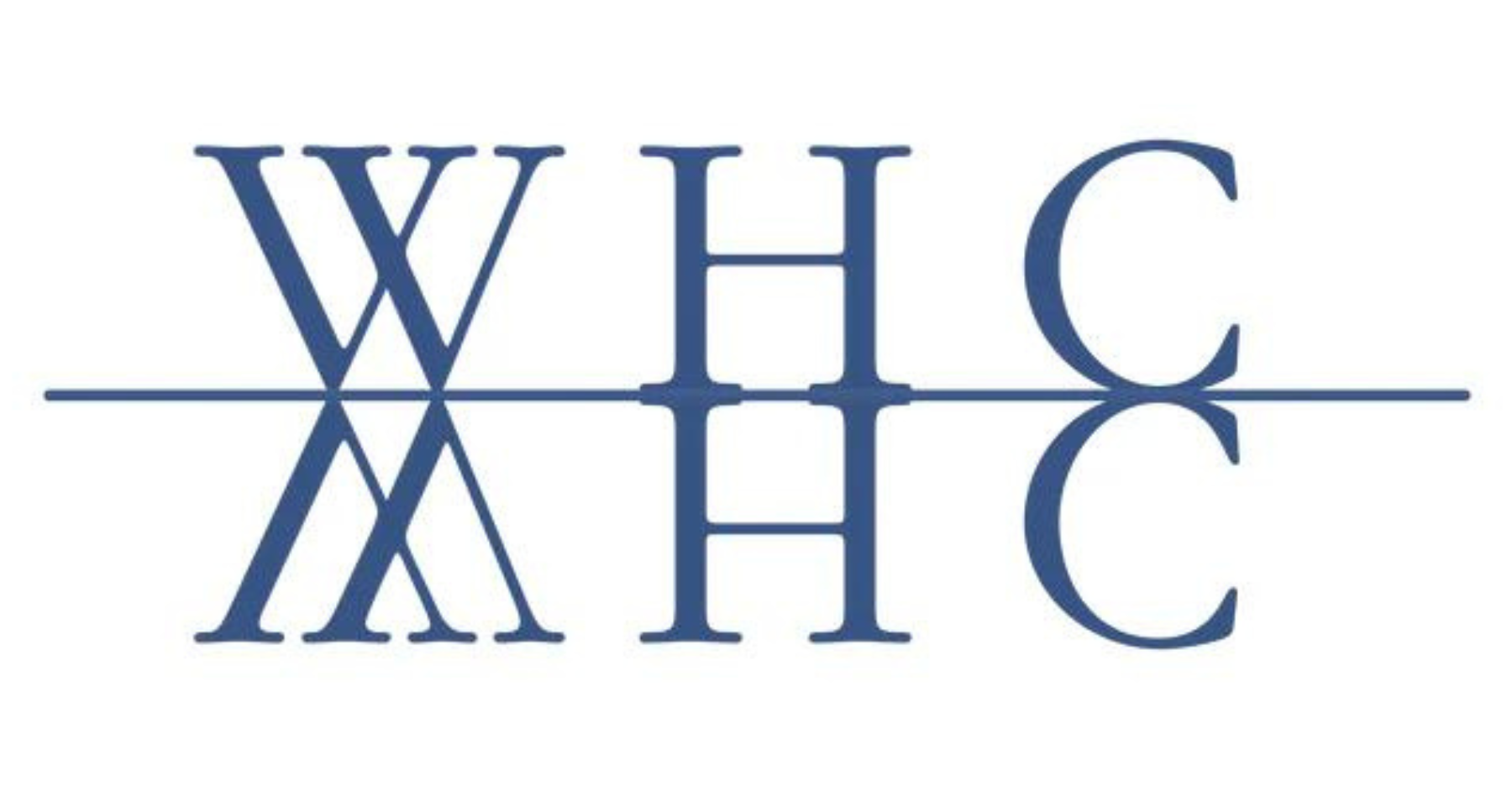【WHC Health Station】Nutritional supplements for breastfeeding and pregnant mothers

During breastfeeding, mothers often wonder what they should eat to help with milk production and ensure that their babies can absorb enough nutrients to grow. Seafood is a very healthy dietary choice for breastfeeding mothers. It is rich in nutrients, including DHA, which helps the baby's brain development. Breastfeeding mothers can eat more different types of seafood, including salmon, sardines, canned tuna, shrimp, scallops, crabs, squid, lobsters, etc., 2 to 3 times a week to absorb more different types of nutrients.
Seafood contains important nutrients for breastfeeding, including some nutrients not found in other foods, such as iodine, vitamin D and docosahexaenoic acid (DHA). DHA helps prevent heart disease, and iodine is an essential trace element for human metabolism and thyroid function. It helps children's growth and brain development. Iodine deficiency can damage the developing brain. Therefore, eating seafood can pass the necessary nutrients to the baby through breast milk, which is extremely important for the development of the baby's nervous system, brain and eyes.
The benefits of seafood for breastfeeding mothers and babies
Help with breastfeeding
Fish is rich in protein and low in saturated fat. Drinking fish soup and eating fish can provide mothers with more protein and calories, helping to increase milk.
Tips for breastfeeding mothers to eat seafood
1. Avoid eating large fish
Some mothers are concerned that mercury may be present in fish and affect their baby's health. Mercury is a naturally occurring chemical element, or heavy metal, that can enter the air through the burning of coal, oil and wood as fuel. Mercury in the air can fall to the ground through raindrops, dust or gravity. Mercury is toxic to the nervous system. Excessive levels in the body can affect the development of the brain and nervous system of growing babies. Mercury in the environment can accumulate in fish. Larger fish, such as sharks (including shark fins), swordfish and tilefish, have higher levels of mercury. It is best to avoid eating these types of fish during breastfeeding.
2. Eat different types of fish
The best way to avoid mercury is to eat a variety of fish each month. If the body only receives nutrition from the same type of fish, it will limit the variety of nutrients obtained. However, eating different types of seafood 2-3 times a week can fully absorb a variety of nutrients, such as the omega-3 fatty acid DHA.
3. Dietary recommendations for breastfeeding and pregnant mothers
Breastfeeding mothers should avoid eating uncooked seafood to prevent parasites from entering the body and causing illness, affecting health and milk supply. Therefore , breastfeeding mothers and pregnant mothers are recommended to take WHC Little Red Riding Hood , which uses Peruvian/Chilean deep-sea wild fish, has no heavy metals , and has a purity of up to 95% Omega-3. It uses rTG form, with an absorption rate of up to 4 times. Its EPA:DHA ratio is 3:2 recommended by experts ; each capsule contains 420mg DHA and 622mg EPA, which fully protects breastfeeding mothers and pregnant mothers, effectively reduces the three highs, fully protects cardiovascular and cerebrovascular vessels, and prevents gestational diabetes in pregnant women. In addition, studies have shown that pregnant women who supplement fish oil every day can effectively ensure that their babies have a more ideal weight . 
Reference:
-
Zhang, Z ∙ Fulgoni, III, VL ∙ Kris-Etherton, 2018 , Nutrients , Dietary intakes of EPA and DHA omega-3 fatty acids among US childbearing-age and pregnant women: an analysis of NHANES 2001–2014. 2018; 10:416
-
Carlson, SE ∙ Colombo, J ∙ Gajewski, 2013, Am J Clin Nutr.,
DHA supplementation and pregnancy outcomes, 97:808-815
No comments






